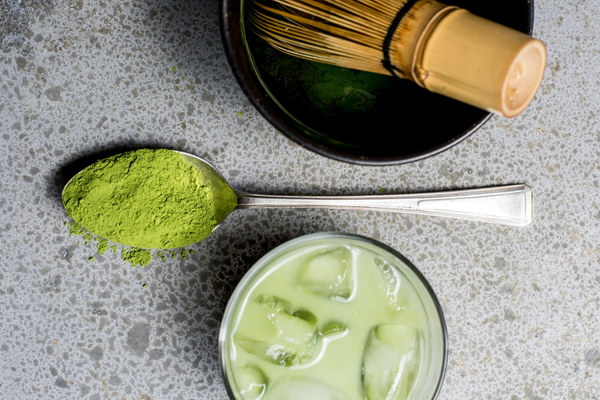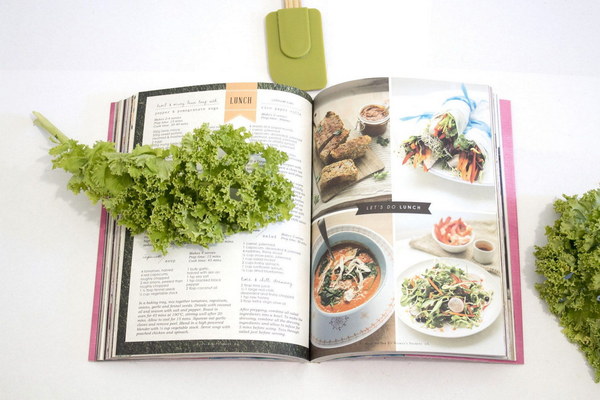The Great Debate Nourishing Traditional Herbs or Modern Medicine - Which is the Superior Path to Wellness
In the realm of health and wellness, there is an ongoing debate that has sparked controversy for centuries. It is the age-old argument between traditional herbal remedies and modern medicine. While both approaches have their merits, the question remains: which one is the superior path to wellness? This article aims to delve into the arguments presented by both sides of the debate.
Proponents of traditional herbal remedies argue that these practices have been used for thousands of years, passed down through generations, and offer a holistic approach to health. They claim that herbs are natural, have fewer side effects, and can be tailored to individual needs. Here are some of the key points made by this camp:
1. Historical Efficacy: Traditional herbs have been used to treat various ailments throughout history, and many of these remedies have stood the test of time. The knowledge of these herbs has been accumulated over centuries, making them a valuable resource for modern medicine.
2. Holistic Approach: Unlike modern medicine, which often focuses on treating symptoms rather than the root cause of an illness, traditional herbal remedies aim to address the entire body. This holistic approach can lead to a more comprehensive and effective treatment plan.
3. Natural Ingredients: Many people prefer natural remedies over synthetic drugs due to concerns about side effects and long-term health risks. Traditional herbs are derived from nature and are less likely to cause adverse reactions.
On the other hand, supporters of modern medicine argue that it offers more precise, evidence-based treatments with standardized dosage and controlled trials. Here are some of the arguments presented by this camp:
1. Scientific Evidence: Modern medicine relies on rigorous scientific research to validate the effectiveness of treatments. This evidence-based approach ensures that patients receive the most effective and safe treatments available.
2. Standardized Dosage: In traditional herbal remedies, dosage can vary greatly depending on the source and preparation of the herbs. In contrast, modern medicine provides standardized dosages that can be easily replicated and controlled.

3. Emergency Care: Modern medicine is crucial in emergency situations and critical illnesses. Advanced medical technologies, such as surgery and life-saving drugs, are often unavailable or ineffective in traditional herbal remedies.
While both approaches have their strengths, the debate between traditional herbal remedies and modern medicine is not a zero-sum game. Many argue that a combination of both methods can lead to the most effective treatment plan. Here are some considerations to keep in mind:
1. Complementary Therapy: Combining traditional herbal remedies with modern medicine can sometimes enhance the effectiveness of treatment. For example, some herbs may be used to support the body's immune response while modern drugs target the specific illness.
2. Cultural Differences: The preference for traditional or modern medicine can vary widely depending on cultural background. In some cultures, traditional herbal remedies are deeply ingrained in the community and are preferred over modern medicine.
3. Patient Preferences: Ultimately, the choice between traditional herbal remedies and modern medicine should be based on individual preferences and the specific needs of the patient. A patient-centered approach can help determine the most suitable treatment plan.
In conclusion, the debate between traditional herbal remedies and modern medicine is a complex issue with no clear-cut answer. Both approaches offer valuable insights into the treatment of illness and can coexist to enhance the overall well-being of individuals. As we continue to advance in medical research, it is essential to recognize the strengths of both traditional and modern medicine and use them in conjunction to achieve the best possible outcomes for patients.









